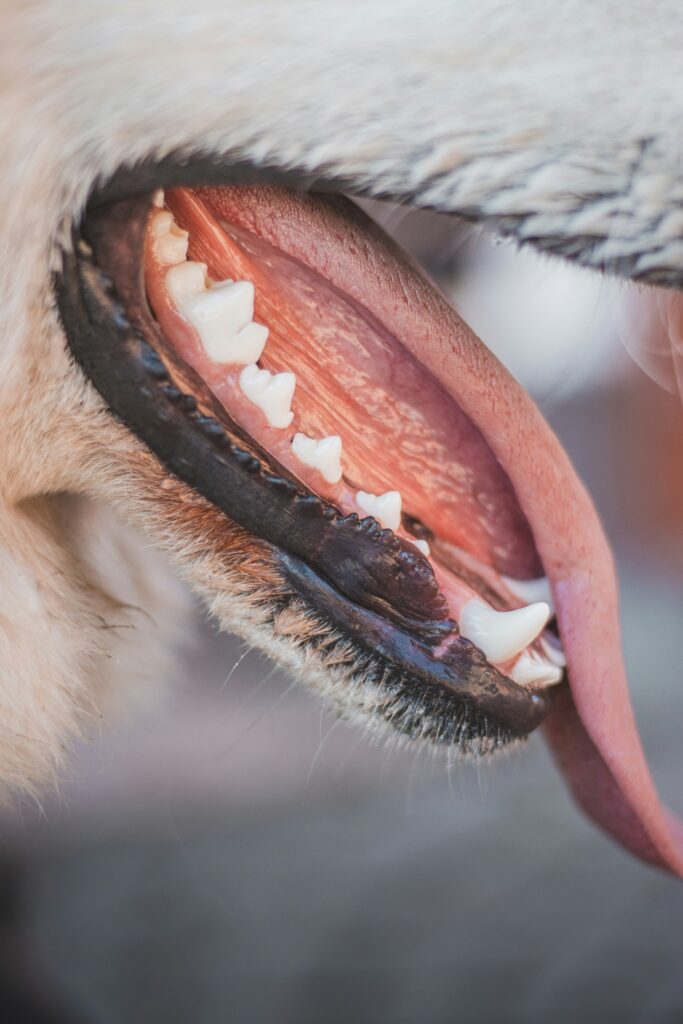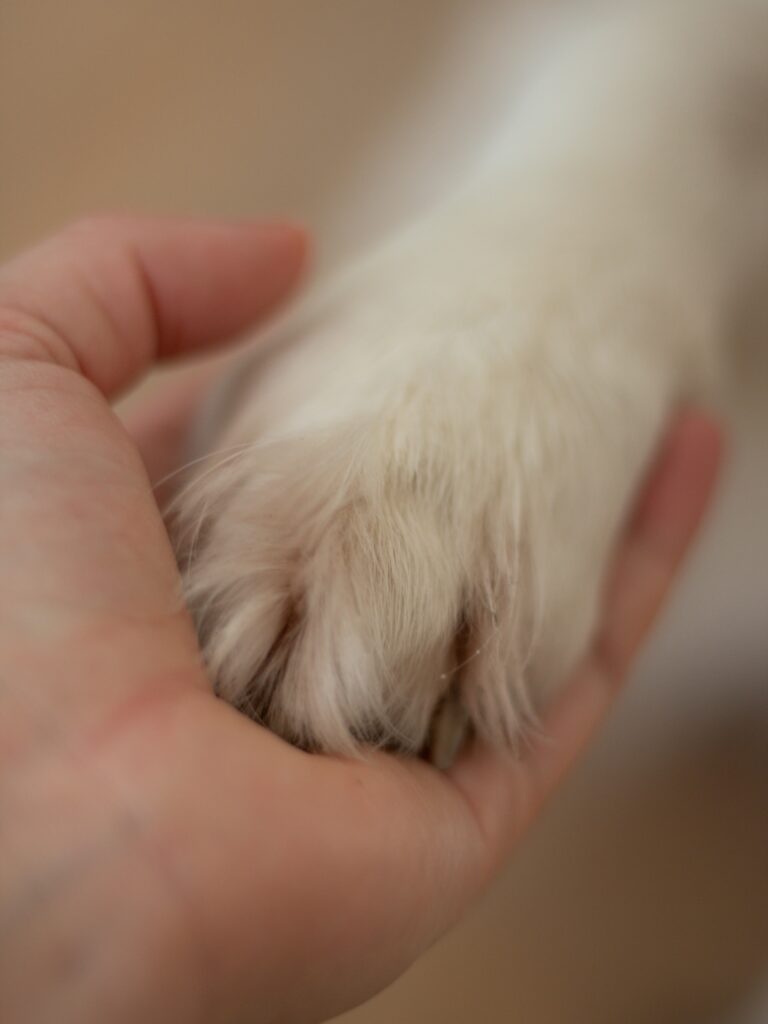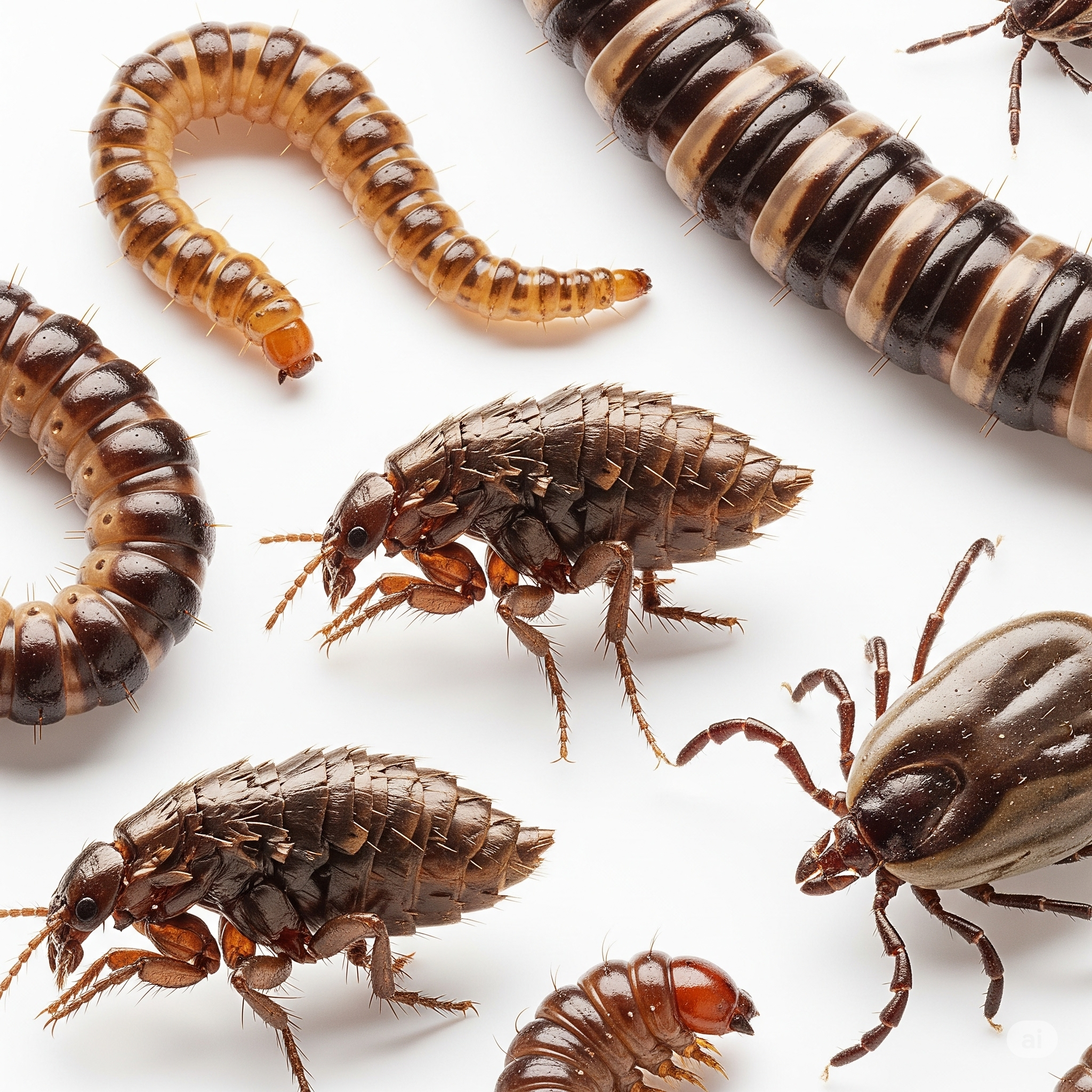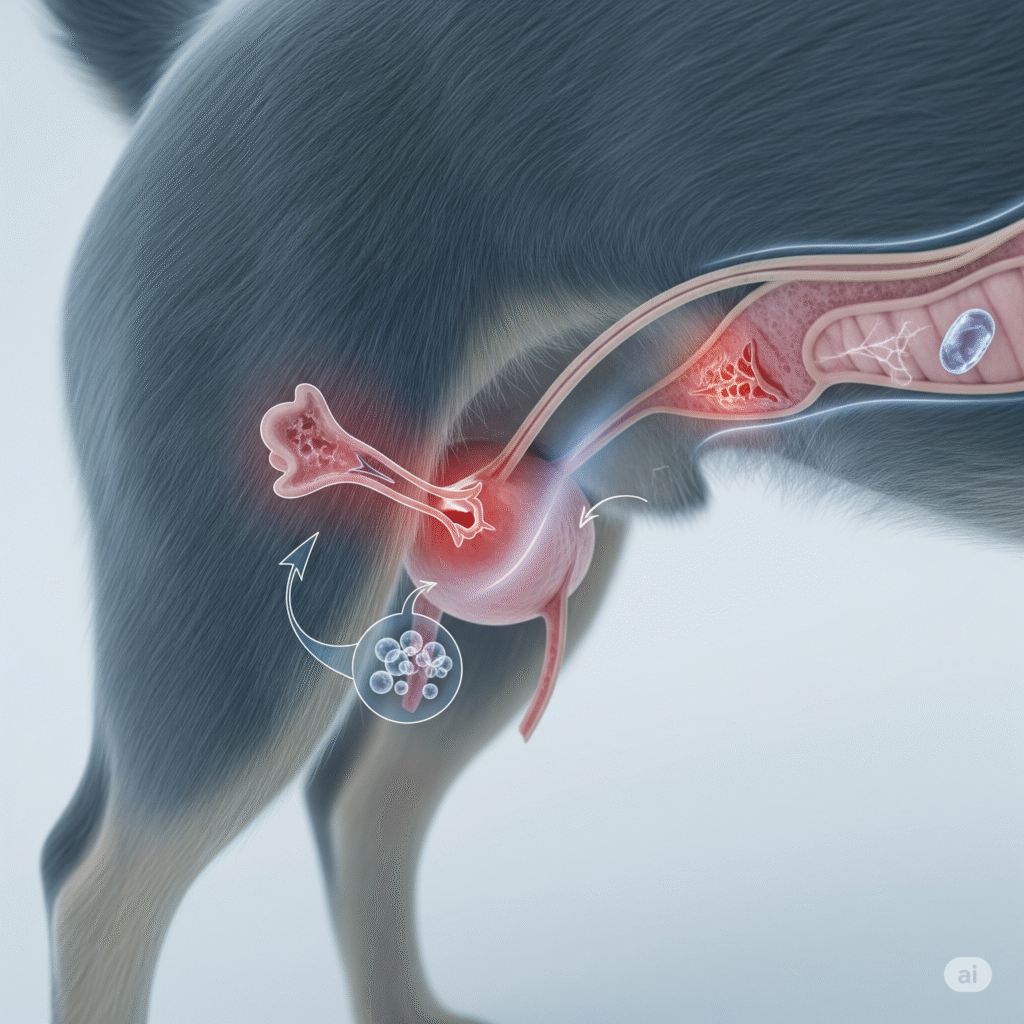
Do you have a furry friend you love like your own?
Well, then you must also be worried about their health.
As the people say, prevention is better than a cure. So, you need to be more careful. However, it is only possible if you understand their health.
It’s critical to understand the common health problems that might affect your furry pets as a conscientious pet owner. Their longevity and quality of life can be significantly impacted by early identification and prevention.
We’ll go over some of the most prevalent health problems that affect dogs in this blog, along with their symptoms and preventative/management measures.
1. Dental Issues

It is a very common disease in pets where their teeth and gums become painful.
You might not be able to know whether your pet has a dental problem or not, as they do not show it. They keep on eating as a normal activity.
So, it becomes mandatory for you to check your pet’s mouth regularly.
Symptoms
- Symptoms include loose teeth, red gums, yellow or brown teeth, and bad breath.
Reasons:
- Genetics, poor nutrition, and neglect of dental care
Avoidance:
- Brushing often with toothpaste designed for pets
- Try to use dental snacks to reduce tartar accumulation
- Visits with your veterinarian once a year for a thorough cleaning and evaluation
Therapy:
- Expert polishing and cleaning
- Extraction of teeth that are seriously damaged
- Antibiotics for associated illnesses
2. A Bubbly Image

Symptoms:
- Symptoms include fatigue, weight gain, and breathing difficulties.
Reasons:
- Genetics, inactivity, and overfeeding
Avoidance:
- A well-balanced diet with the right amount of calories
- Frequent exercise, including playing and going on walks
- Portion control and abstaining from sweets
Treatment:
- Consult your veterinarian about weight management programs.
- Heightened physical activity and exercise
- Decreased consumption of calories
3. Skin Allergies

Skin allergies in pets cause a lot of Itchiness and discomfort. Pets start to do obsessive scratching that makes you uncomfortable as well. Scratching is quite normal in animals. The problem occurs when they do it excessively.
How do you know if your pet has a skin allergy? Here are some symptoms, causes, and preventive measures.
Symptoms
- Symptoms of skin allergies include redness, itching, and scratching.
Causes:
- Food, environment, or flea allergies
Avoidance:
- A diet low in allergens
- Regular grooming to lessen exposure to allergens
- Controlling fleas with medicine and routine cleaning
- Steroids or antihistamines for inflammation and itching are the treatments.
- Topical skin care products like shampoos or creams
- Supplements or dietary adjustments
4. Infections of the Ear

A mass or a polyp can severely affect your pet’s ear. Just like an ear infection creates a lot of trouble, it also hurts your pets.
If this disease is not treated on time, it becomes a secondary disease where there is overgrowth of bacteria and yeast.
Symptoms:
- Symptoms include head shaking, scratching, and discharge.
Reasons:
- Allergies, yeast, or bacteria
Avoidance:
- Frequent ear cleansing and drying
- Keeping an eye out for illness symptoms
- Avoid using cotton swabs or extensive ear cleaning
- Medication for infections or fungal infections
- Topical ear moisturizers and cleansers
- Painkillers
5. Arthritis

Arthritis, medically known as Osteoarthritis, is a disease in which pets’ joints start to degenerate. There is extreme pain in the joints of pets, even when doing simple daily routine activities.
If your pet is feeling tired or not moving a lot, take it to the vet.
Symptoms:
- Symptoms are Stiffness, limping, and pain
Reasons:
- Joint injuries, aging, and genetics
Avoidance:
- Frequent physical activity to preserve joint health
- Keeping a healthy weight
- Vitamins and joint supplements
Therapy:
- Painkillers
- Rehabilitation and physical therapy
- In extreme circumstances, surgery
6. Parasites (worms, fleas, and ticks)

Worms, Fleas, and ticks are often found on the bodies of pets. They are external parasites that live on the skin or outside of an animal’s body.
A lot of pets are infested with these parasites that cause them itching and irritation. Have a look at the causes and symptoms of these parasites.
Symptoms
- Symptoms include visible parasites, itching, and scratching.
Reasons:
- The environment, poor hygiene, and a lack of prevention are the causes.
Prevention:
- Regular grooming and inspection
- Flea and tick control strategies, such as medication and frequent cleaning
- Deworming drugs and routine examinations
Therapy:
- Drugs to eradicate parasites
- Topical medications such as creams or shampoos
- Cleaning and disinfection of the environment
7. Infection of the urinary tract

Is your pet urinating a lot when walking outside? There can be a urinary tract infection.
If you experience a strong odour or blood in the urine of your pet, stay alert and visit the vet.
Symptoms:
- Stooping,
- blood in the urine
- Accidents.
Causes:
- Poor hygiene, heredity, and bacteria
Prevention:
- Consistent cleaning and observation
- Proper nutrition and hydration
- Supplementing with cranberries can lower bacterial growth
- Medication: antibiotics
- Painkillers
- Enhanced hydration and surveillance
8. Issues with the Respiratory System
Kennel cough is an infectious respiratory disease in dogs that can go from mild to severe illness. Have a look at the symptoms and diseases of respiratory disorders.
Symptoms:
- Symptoms include breathing difficulties, sneezing, and coughing.
Reasons:
- Environment, genetics, and allergies
Avoidance:
- Frequent cleansing and purifying of the air
- Keeping oneself away from allergies and irritants
- Keeping an eye out for illness symptoms
- Medication to treat infections or allergies
- Oxygen treatment
- In extreme circumstances, surgery
Conclusion
Your pet’s health should be your priority!
So, observe keenly the subtle and mild changes in their behaviour. Early recognition is a thousand times better than painful treatment.
Next time, you shouldn’t be the one to take your pet in emergency cases rather the one who has regular visits.


